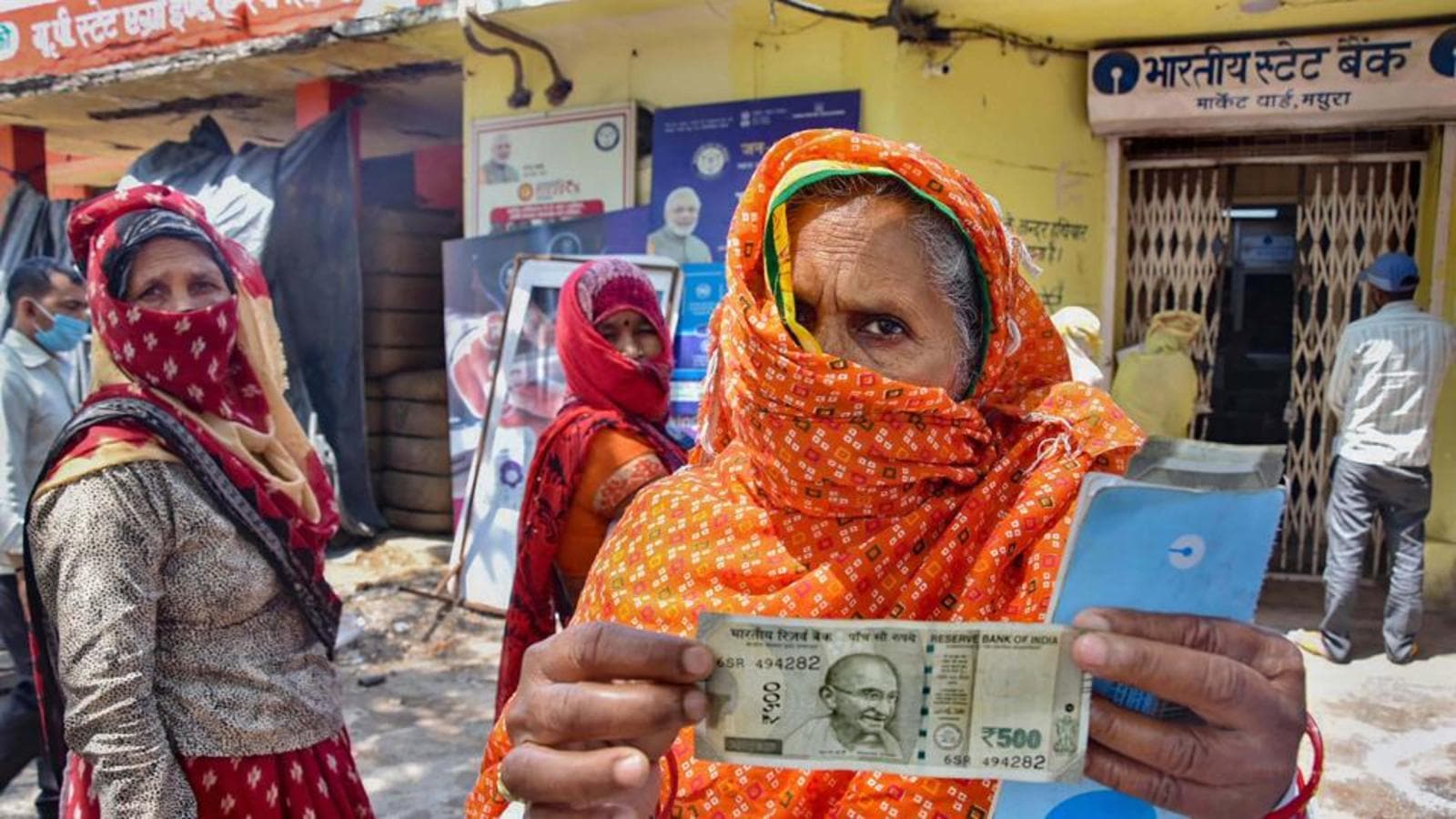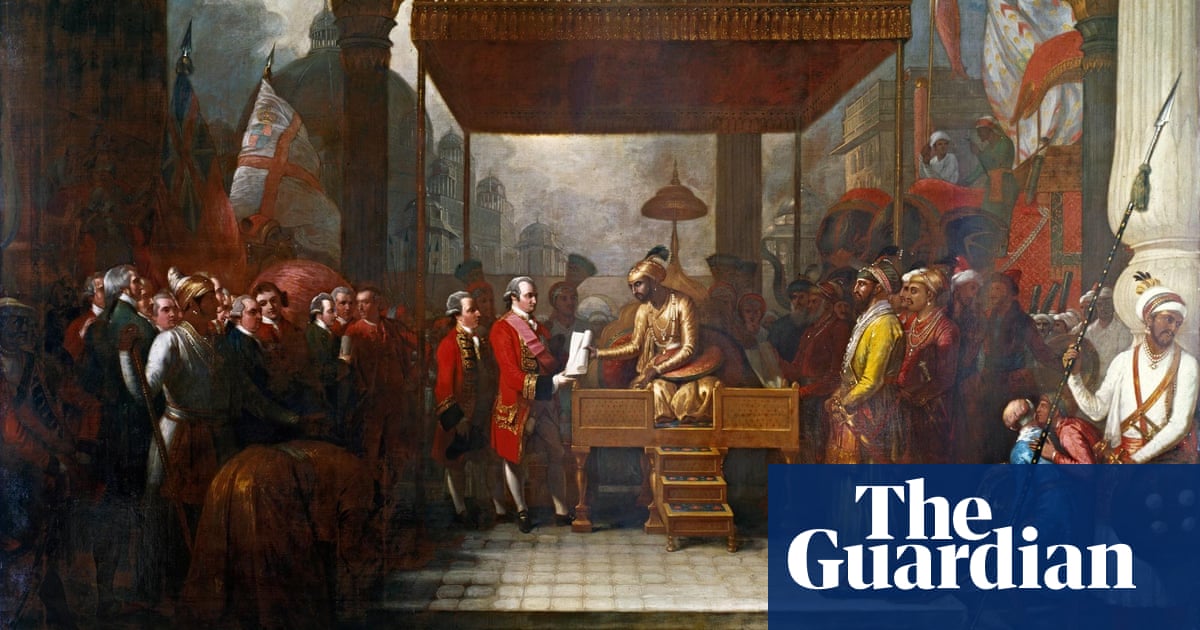
Reforms for a new India in the 21st century
This year, we mark 30 years of the deregulation of the Indian economy. It began, as some would argue, under the compulsion of the Fund and the Bank, with a looming balance of payment crisis. By then, the economy was almost completely constricted by the rule of licences, quotas and discretion, with no breathing space for enterprise. Suffocated as it was, the economy welcomed the breath of fresh air with the liberalisation of 1991. We recall the political will of Prime Minister (PM) PV Narasimha Rao and an abiding finance minister (FM) Dr Manmohan Singh for having pulled it through.
If we commend that leadership for rescuing India from “falling off the cliff”, we also should condemn them for losing an entire decade for India, when they, under the leadership of the former FM-turned-PM, failed to carry on that momentum. It was a matter of sheer absence of political will and commitment.
Just before that lost decade, PM Atal Bihari Vajpayee showed this political will and commitment in planning for the Goods and Services Tax (GST). However, that failed to take off between 2004 and 2014. Both GST and the Insolvency and Bankruptcy Code (IBC) were passed by the Narendra Modi government in its first term.



















